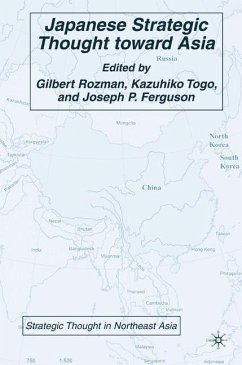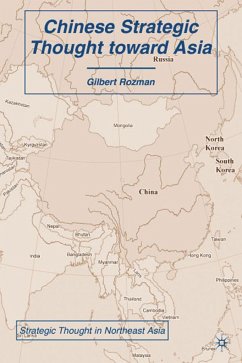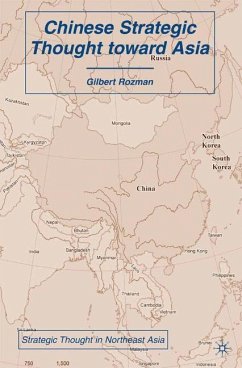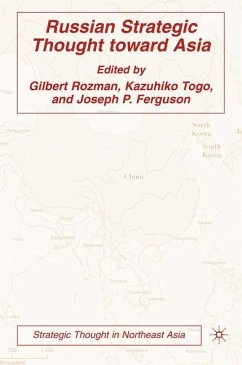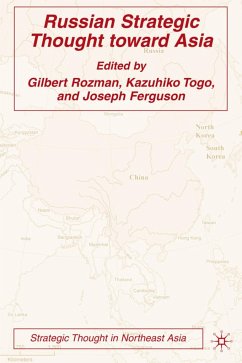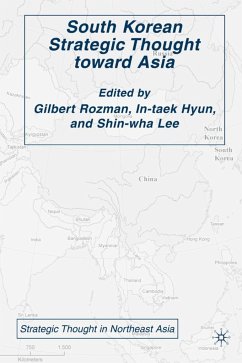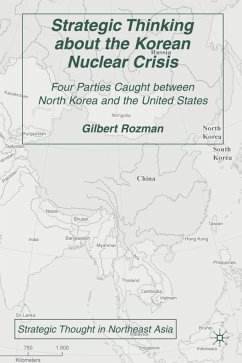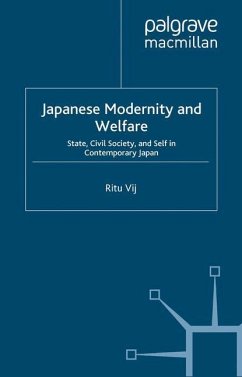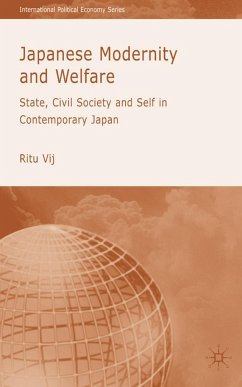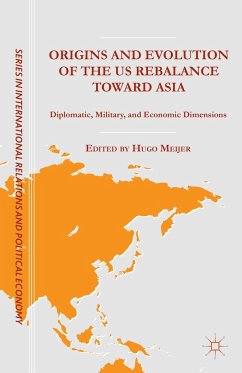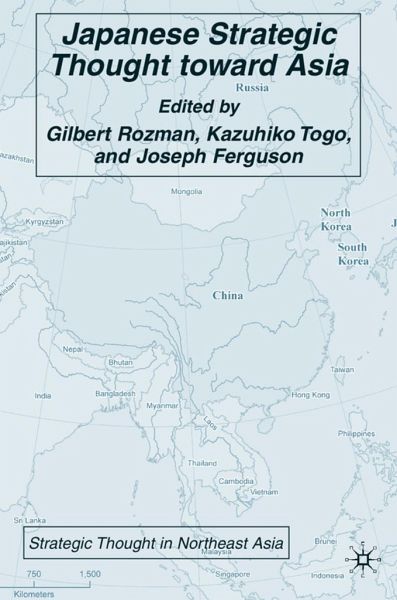
Japanese Strategic Thought Toward Asia

PAYBACK Punkte
19 °P sammeln!
Japanese leaders and often the media too have substituted symbols for strategy in dealing with Asia. This comprehensive review of four periods over twenty years exposes the strategic gap in viewing individually and collectively China, Taiwan, the Korean peninsula, Russia, Central Asia, and regionalism.



